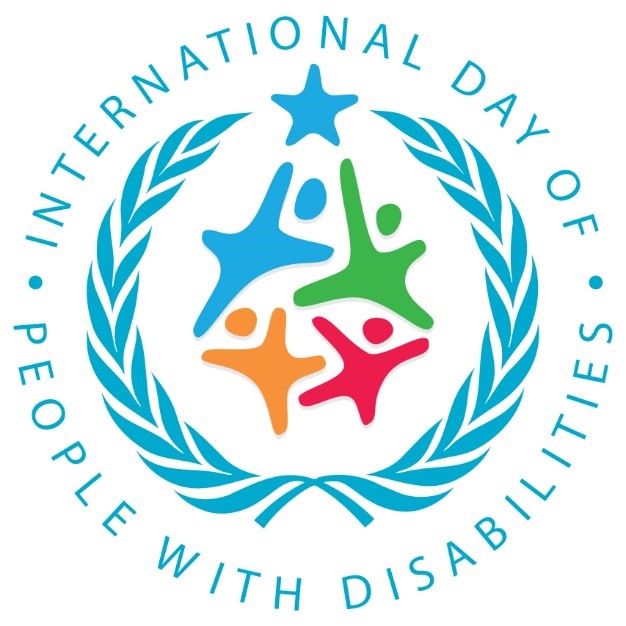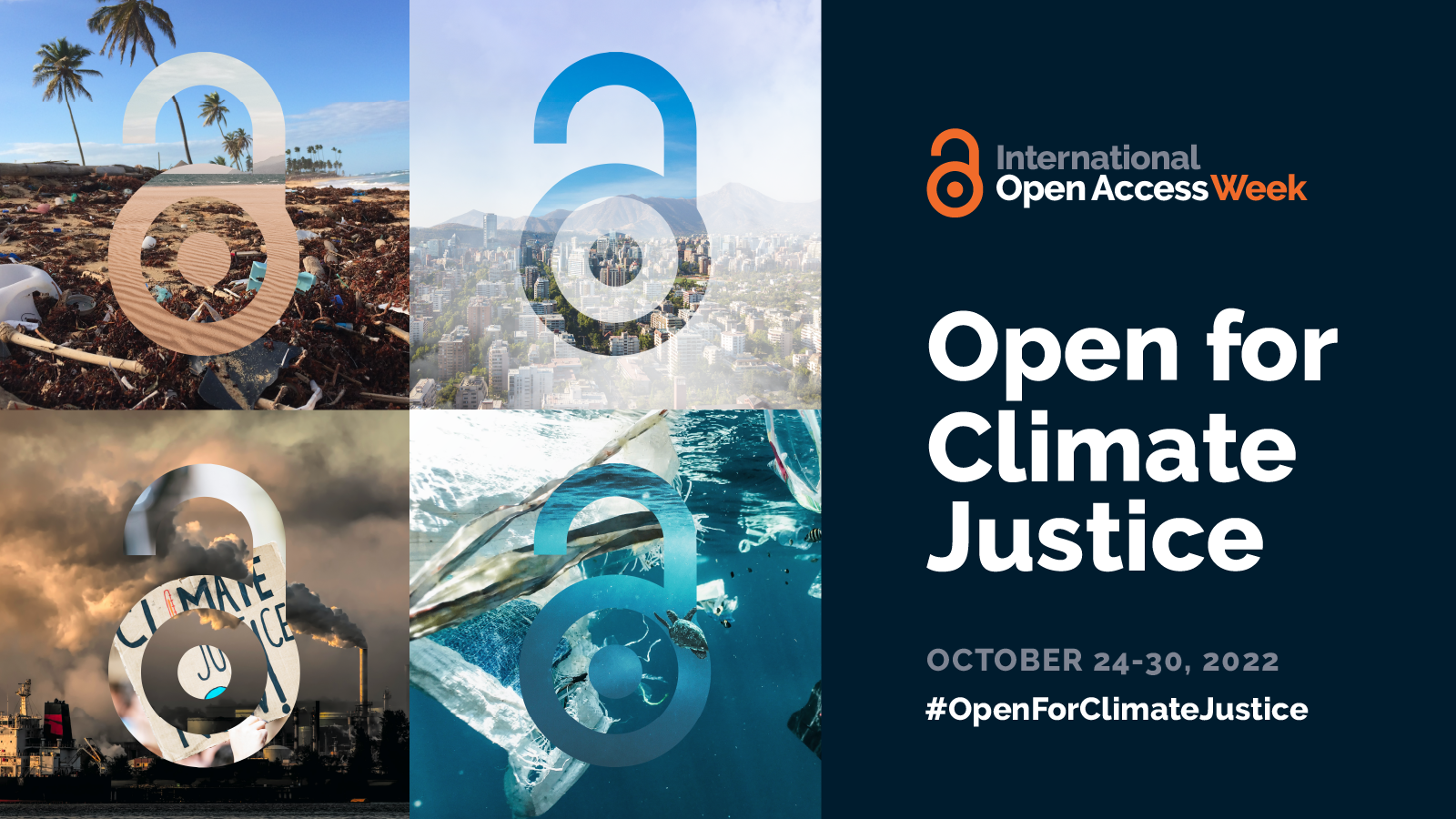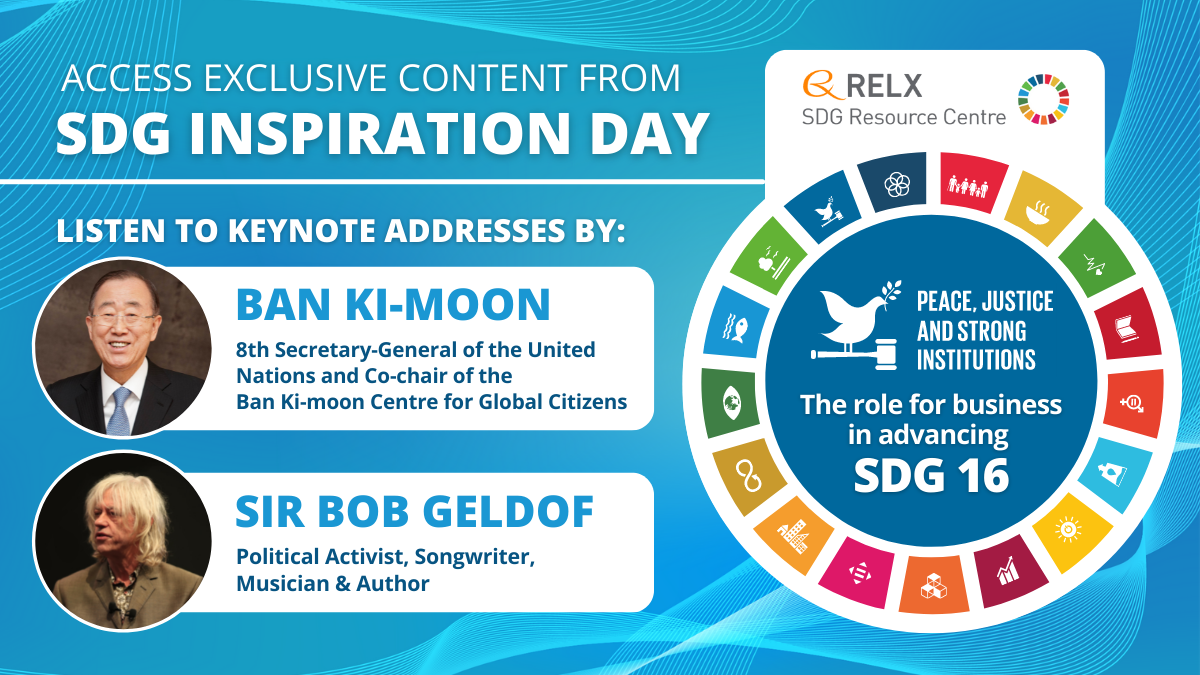Access to justice, which entails the capacity for individuals to seek and obtain a remedy through formal or informal justice systems, is a cornerstone of Sustainable Development Goal (SDG) 16, which focuses on Peace, Justice, and Strong Institutions. This goal, particularly target 16.3, advocates for the promotion of the rule of law at both national and international levels, emphasizing the need for equal access to justice for all individuals. This principle is not only foundational in its own right but also intersects significantly with other SDGs, highlighting the interconnected nature of these goals.
SDG 16's emphasis on access to justice is critical in ensuring fairness and legal protection for all, particularly the most vulnerable. It calls for the establishment and strengthening of institutions at all levels to deliver justice effectively, transparently, and without undue delay. This is fundamental in maintaining social order and preventing conflicts, thereby contributing to the achievement of peace and stability as outlined in SDG 16.
Moreover, access to justice is essential in enforcing rights under SDG 5, which focuses on Gender Equality. It plays a crucial role in addressing issues like gender-based violence, discrimination, and unequal power dynamics. By ensuring that women and girls have equal access to legal protection and recourse, societies can move closer to achieving gender parity and empowering all individuals regardless of their gender.
In the context of SDG 10, which aims at reducing inequalities, access to justice is vital for protecting marginalized and disadvantaged communities. These groups often face systemic barriers in accessing legal systems, which can perpetuate poverty and inequality. By ensuring that these communities have the means to seek legal redress, societies can address these structural issues and work towards more equitable outcomes.
Furthermore, access to justice is integral to upholding labor rights as outlined in SDG 8. This includes ensuring fair treatment in the workplace, protecting workers' rights, and providing avenues for redress in cases of labor violations. In a globalized world, this is especially important for migrant workers and those in precarious employment, who often lack the resources or knowledge to navigate legal systems.
Environmental protection, covered under SDGs 13 (Climate Action), 14 (Life Below Water), and 15 (Life on Land), also relies heavily on access to justice. Effective environmental laws and policies are only as strong as their enforcement mechanisms. Communities and individuals must have the ability to hold corporations and governments accountable for environmental harm. This ensures the protection of ecosystems, biodiversity, and the health of our planet, which is essential for sustainable development.
Access to justice is a fundamental component of the SDGs. It ensures that legal systems are equitable, responsive, and accessible to all, thus playing a critical role in achieving various aspects of sustainable development. Whether it's in the context of gender equality, reducing inequalities, labor rights, or environmental protection, access to justice serves as a key driver in realizing these ambitious goals. Therefore, strengthening legal frameworks, enhancing institutional capacities, and ensuring inclusivity in justice systems are imperative for the overall achievement of the SDGs.
Women's Health in Medical Clinics of North America Volume 7, Issue 2, p. 385-395, March 2023





